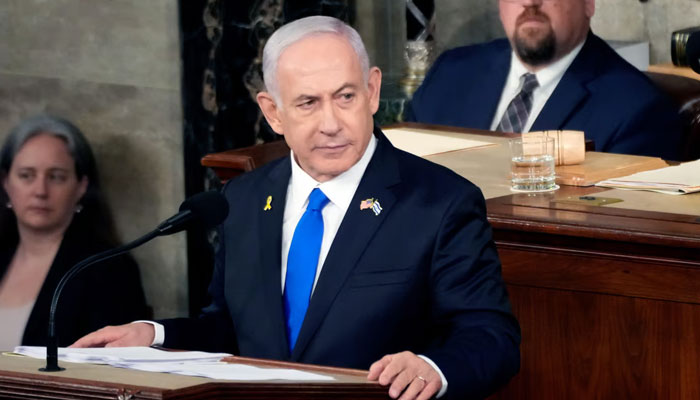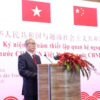BEIRUT: Israeli Prime Minister Benjamin Netanyahu tentatively approved a proposed ceasefire deal with Hezbollah during a security meeting with Israeli officials on Sunday night, according to sources familiar with the negotiations.
However, Israel reportedly has reservations about certain aspects of the deal, which will be communicated to the Lebanese government on Monday.
While negotiations continue, the agreement remains tentative until all outstanding issues are resolved. For this to go ahead, the Israeli cabinet must also approve the ceasefire. Sources involved in the talks expressed hope for progress but warned that the ongoing exchange of fire between Israel and Hezbollah could derail the talks with a single mistake.
U.S. Ambassador Amos Hochstein, who is mediating the talks, said during a visit to Beirut last week that a cease-fire agreement between Israel and Lebanon was “within our understanding,” although it ultimately depended on “the decision of the parties.” is
He met with Lebanese Prime Minister Najib Meqati and Parliament Speaker Nabiah Bari, who serves as Hezbollah’s point of contact in the negotiations. Hochstein called the talks “constructive” and “a very good conversation to minimize the damage.”
“We have a real chance to end the conflict,” Hochstein said last week. “The window is now.” Later he went to Israel to finalize the negotiations. The US-backed proposal calls for a 60-day ceasefire, which could serve as the basis for a lasting ceasefire.
On Sunday, Axios journalist Barak Ravid reported that Hochstein warned the Israeli ambassador in Washington that he would withdraw from the mediation if Israel failed to respond positively to the proposal in the coming days. Lebanon had previously responded positively to the US-backed plan, with Prime Minister Makati confirming that most aspects of the draft agreement had been resolved.
The conflict escalated in mid-September when Israel launched a major military operation in Lebanon following months of cross-border clashes that began on October 8 last year.
The clashes began when Hezbollah attacked the Israeli-controlled area in Gaza in support of Hamas and the Palestinians. Israel’s military campaign has included ground operations, assassinations of key Hezbollah figures – including founding member Hassan Nasrallah – and attacks that have caused widespread destruction and injured thousands.













